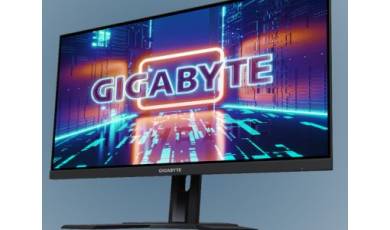Intex Turbo V4 specs.
Mobiles >> Intex >> Intex Turbo V4| Specifications | Reviews | Secret codes |

Display Intex Turbo V4
Form Factor:
Bar
Screen Type:
QVGA
Screen Size: This diagonal display size is usually measured in inches.
This diagonal display size is usually measured in inches.
2.8 inches
Screen Resolution: Screen resolution refers to the size of the image received on the screen in pixels
Screen resolution refers to the size of the image received on the screen in pixels
240 x 320
Number of Colours:
65K
Memory Intex Turbo V4
Internal Memory:
34.5KB
Extendable Memory:
up to 32GB
General Features Intex Turbo V4
FM Radio:
yes
Bluetooth: Bluetooth is used to exchange data between nearby mobile devices.
Bluetooth is used to exchange data between nearby mobile devices.
yes
Available Colours:
White
Dimensions Intex Turbo V4
Dimensions:
128 x 56 x 10.8 mm
Weight
(grams)
101
Sound Intex Turbo V4
Media Player:
Music formats: AMR, MP3, WAV, AAC
- Video formats: AVI, 3GP, Mp4
- Video formats: AVI, 3GP, Mp4
Battery Intex Turbo V4
Type:
Li-ion
Battery capacity
(mAh)
1800
Talk Time with Standard Battery
(Minutes)
Up to 21 Hrs
Standby Time with Standard Battery
(Hours)
Up to 400 Hrs
Comments, Questions and Answers about Intex Turbo V4
Ask a question about Intex Turbo V4





